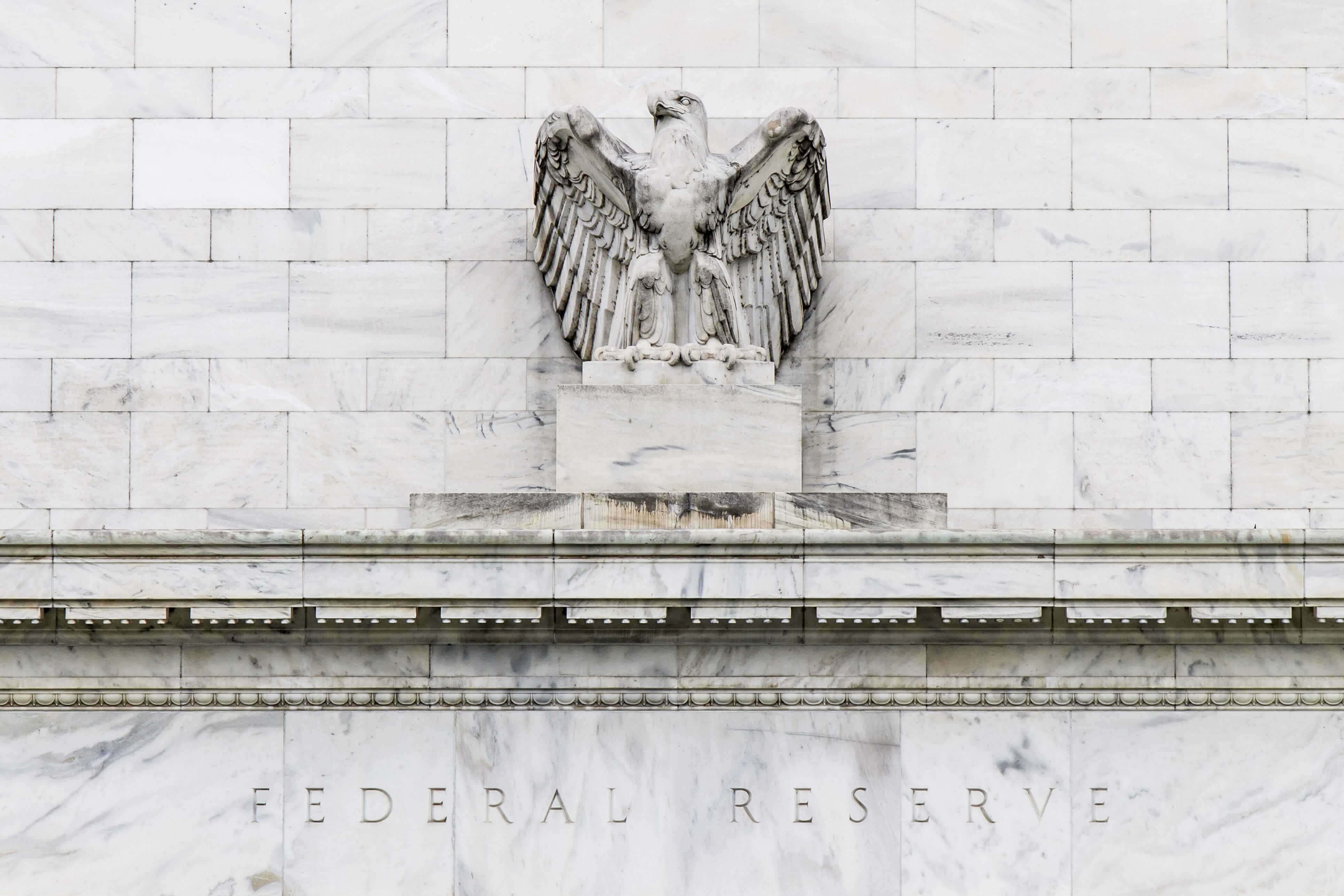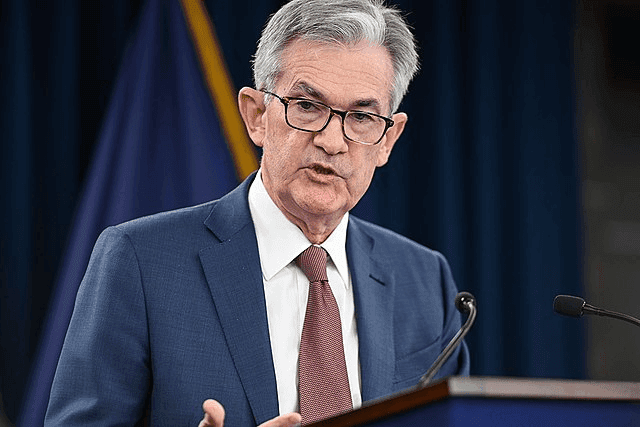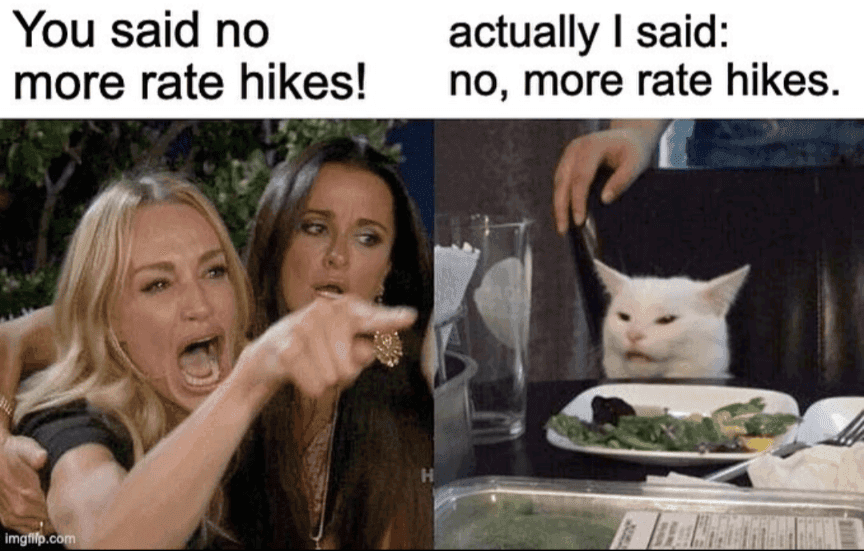Weekly Digest: Fed Eyes More Rate Hikes, China’s Economic Struggles

19/08/2023: The Fed is considering more rate hikes due to inflation worries, gold sees a modest recovery, China's economic data falls short of expectations, Fitch Ratings warns of possible U.S. bank downgrades. And more.




